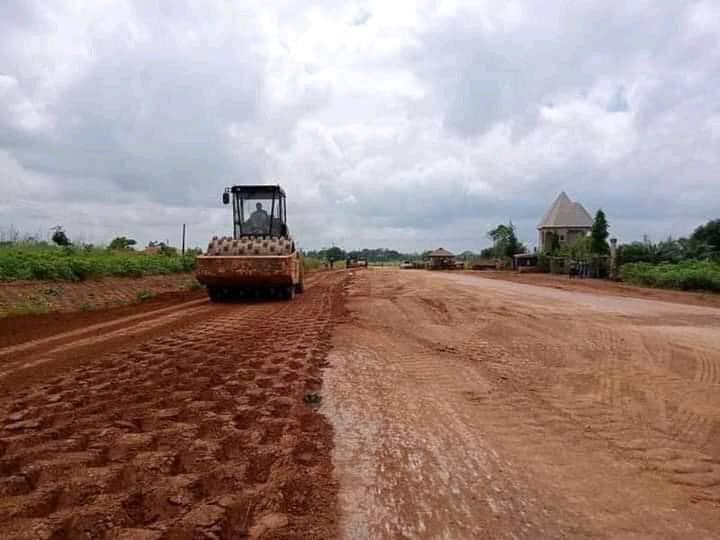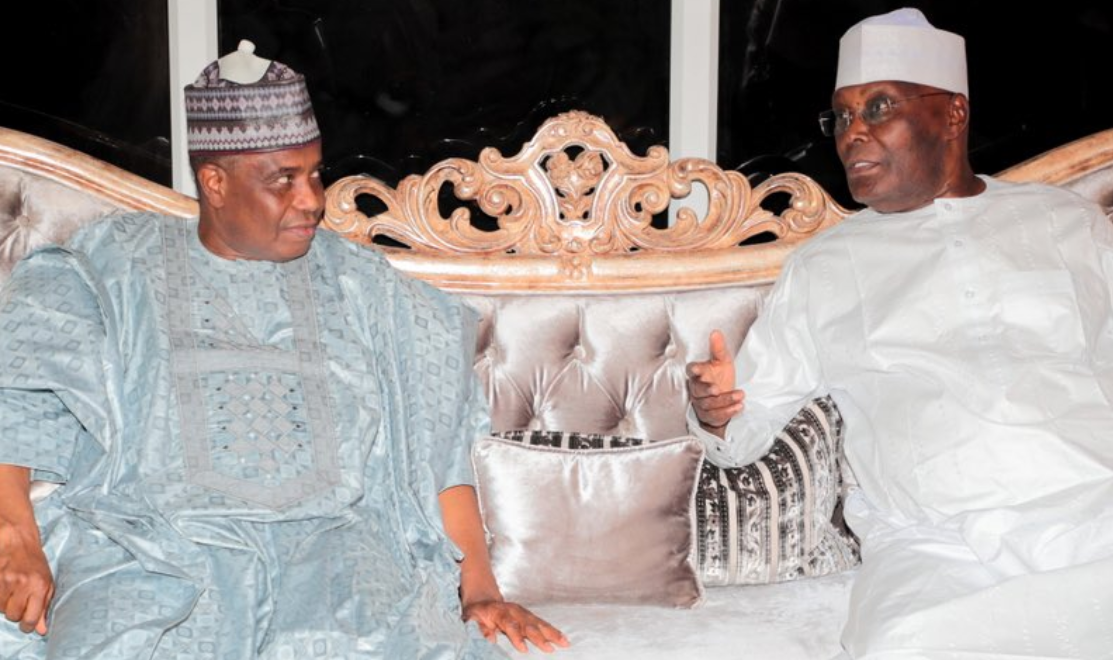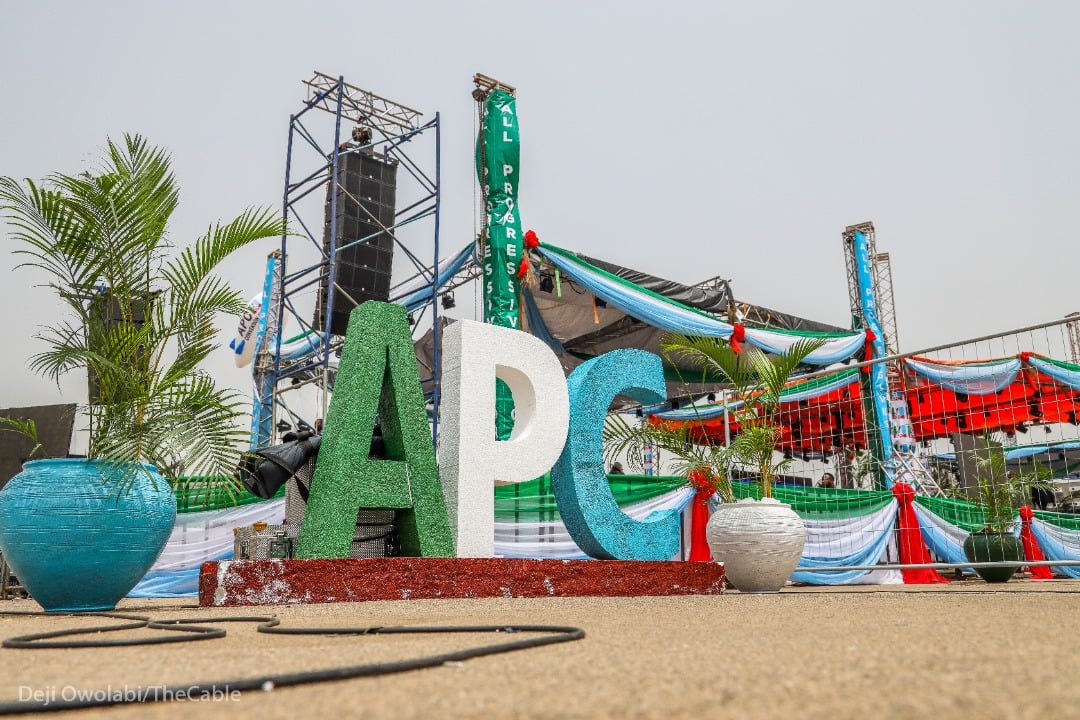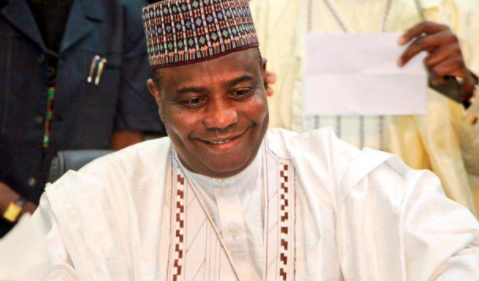The federal government says work on the Nigerian section of the Lagos-Abidjan road will move quickly as funds for the project are now in place.
Babatunde Fashola, minister of works and housing, said this on Friday at the 16th steering committee meeting of the Abidjan-Lagos Corridor Highway Development Project in Abuja.
According to Fashola, who is the chairman of the steering committee, manpower, materials and equipment have been deployed and the project is being executed according to the conceptual standards.
The road corridor links cities across five West African countries namely Côte d’Ivoire, Ghana, Togo, Benin, and Nigeria.
Advertisement
The minister said the Nigerian section of the Lagos-Abidjan road project is the Lagos-Badagry corridor.
“This is an attempt to provide a first-class road transport infrastructure built upon and around the existing network to improve its quality and efficiency; and to improve the experience of over 40 million commuters who traverse this corridor in search of their livelihood,” he said.
“Without a doubt, the road exists somehow but it is the quality that is the issue and the commitment to the infrastructure is to upgrade the 1028 km of road network into a first-class six-lane highway.
Advertisement
“I see the dream of what it will look like in my mind’s eyes and while I share the concerns of my brother that we need to make speed, we must not sacrifice speed for quality and this has to be done well.
“So we must remind ourselves of what we are trying to do. We are trying to deliver a better life for five countries and over 40 million people who use that corridor almost daily.
“Let me acknowledge the support that we have received from our partners — European Union (EU) and most especially the African Development Bank (AfFB). I can report here that although we are concerned about the Lagos-Abidjan highway on the western axis, there is a result that Nigeria can report on the eastern axis. We have completed a new link bridge that links the Republic of Nigeria to the Republic of Cameroon. It was funded largely by the AfDB.
“We are hoping that the ECOWAS Commission will give us the necessary support to ensure the opening of that bridge sometime in the month of June as I am advised by the commission.
Advertisement
“Let me also report that quite aside from that, the Nigerian section of the road we are gathered here to talk, walk and report — the Lagos-Abidjan highway — the Nigerian section for the benefit of Nigerians those who are hearing about this for the first time, is the famous Lagos-Badagry corridor.
“And while the designs are going on, while the studies are going on, while the creation is going on, our government through President Muhammadu Buhari and his tax credit scheme has now mobilised the resources that will ensure the Lagos-Badagry section of this highway can be fully paid for. The money is now in place.
“I can also report that work is now going on and those who’re familiar with the corridor will realise that between December last year and around the first quarter of this year, you will see much more rapid deployment of men, machines and materials along that corridor. We are building according to the conceptual standard.
“The future is bright, this is an important investment for the people of Africa to achieve the objective of the Africa Union (AU) to create a trans-African highway.”
Advertisement
On her part, Lydie Ehouman, AfDB’s task manager for the Abidjan-Lagos corridor project, attributed the low pace of work to the delay caused by the projects’ consultants.
“We are urging the ECOWAS Commission to ask the consultants to commence work immediately,” she said.
Advertisement
Ehouman added that the AfDB will continue to provide the needed support for the project for the feasibility stage to be completed.
Also speaking, Kwasi Amoako-Attah, Ghanian minister of roads and highways, said the COVID-19 pandemic had a huge impact on the feasibility aspect of the project which should have been completed last August.
Advertisement
While calling on his colleagues in the participating countries to expedite work on the project, Kwasi Amoako-Attah said the project’s consultants should not cause a delay for whatever reason.
“The COVID pandemic has beaten hard on the whole world including this Lagos-Abidjan corridor highway project. We should have completed these feasibility and design studies by August 2021. We should have been discussing the project implementation now but due to the obvious delay caused by the pandemic, we are almost one year behind schedule,” he said.
Advertisement
“I would want to use the platform to urge ECOWAS to speed up the negotiation with the consultants to reach an amicable settlement. We cannot afford to lose any more time on this project.
“I would also want to urge my colleague ministers to consider any fair compensation due to the consultants to enable them to undertake the assignment within our revised timeline.
“All projects under my jurisdiction and supervision have been fully compensated. I believe the consultants would be reasonable to accept what is fair to avoid any legal tussle that will not augur well for the success of this project.”
Add a comment






